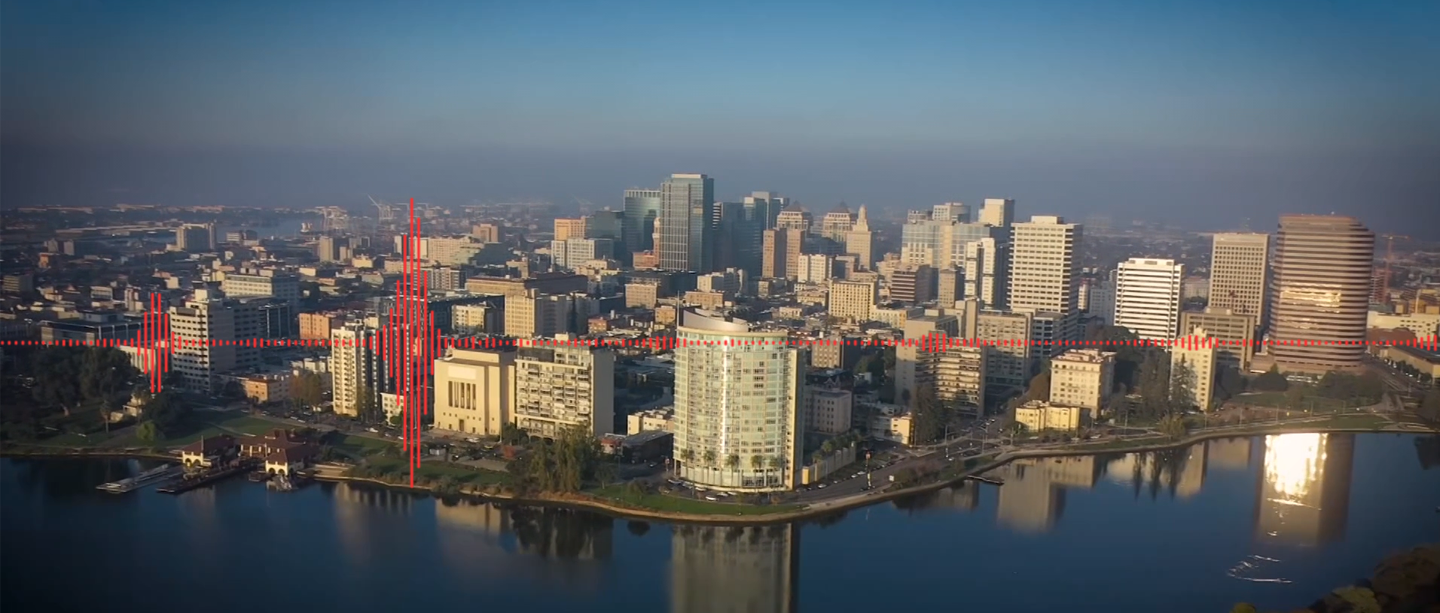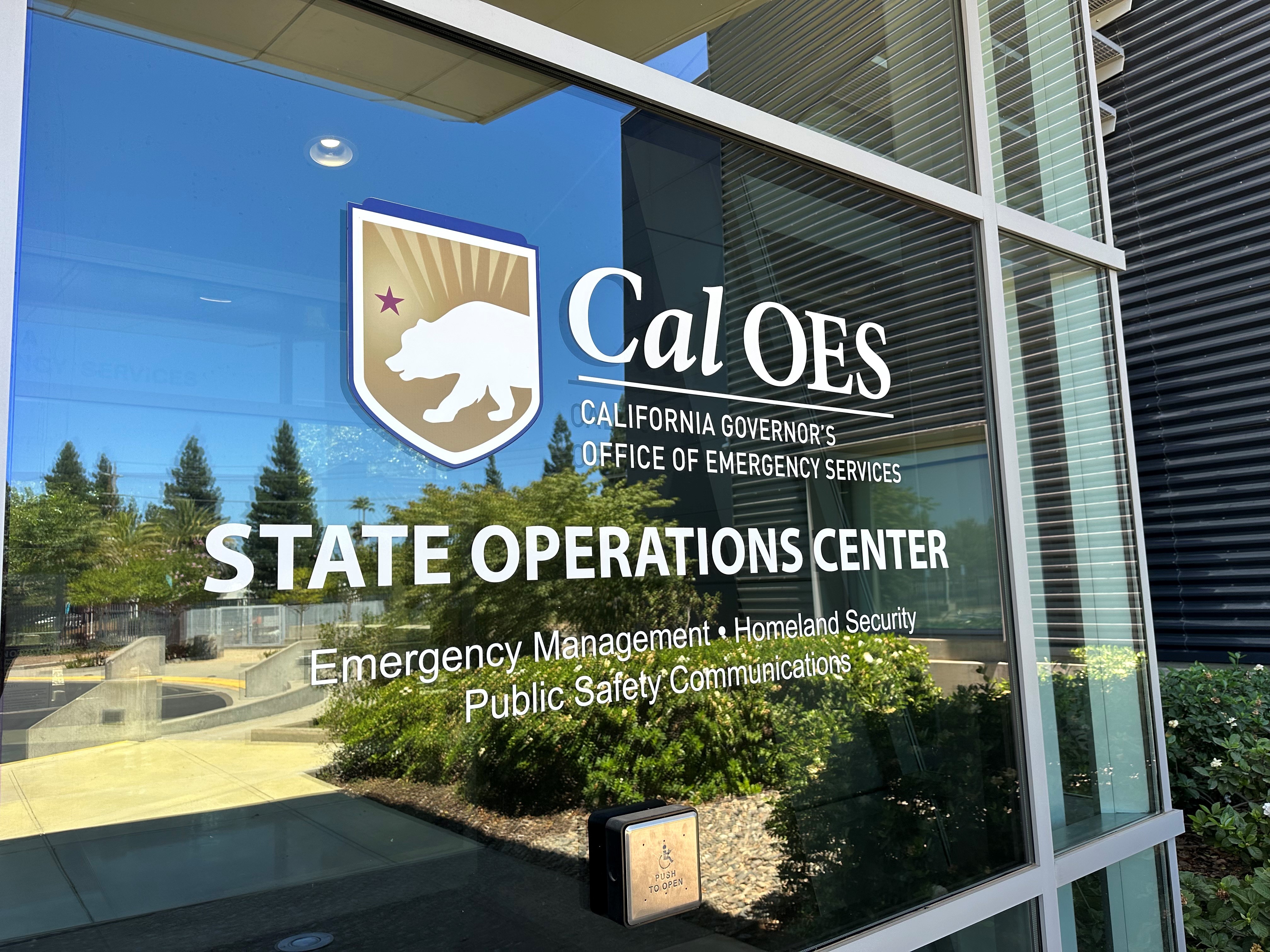“Without knowing the location, nothing else can happen.”
In his four decades of 911 communications experience, 911inform’s Mark Fletcher says location is the most important piece of information a dispatcher needs from a caller, especially in a life and death situation.
But an NBC Bay Area investigation found California’s new Text-to-911 feature falls behind on geolocation speed and accuracy when compared to voice 911 calls.
“The 911 network was built and is still built for voice communications,” Fletcher said.
In 2021, state law required all California 911 centers to receive emergency texts in addition to voice calls. Nationwide, Text-to-911 has been seen as a solution for people seeking emergency help who can’t call 911.
But there’s a major problem.
“A lot of people don’t realize that when they send a text message to 911, 911 doesn’t necessarily know exactly where they’re located,” said Gabriella Wong, founder of AccesSOS.
Her deaf father almost died because he didn’t have full access to 911
Wong founded the tech nonprofit after her father almost died from a gallbladder emergency in 2015. William Wong Ed.D., is a math professor at Ohlone College in Fremont.
Get a weekly recap of the latest San Francisco Bay Area housing news. >Sign up for NBC Bay Area’s Housing Deconstructed newsletter.
“The pain was literally making me bend over, and so I said class was cancelled,” Dr. Wong signed in a recent interview with the Investigative Unit.
“He texted me to call 911 for him, but I was not near my phone at the time,” Wong recalled.

Dr. Wong ended up driving himself to the hospital.
“I was hunched over in the car thinking ‘What if I have an accident?’ The doctor said that if it had ruptured, I could’ve died,” he said.
Wiping away tears, Dr. Wong still gets overwhelmed thinking about that drive.
"My dad pays the same amount of taxes…but does not have that vital access to 911. And that’s not fair.”
Gabriella Wong, accesSOS founder
“My dad pays the same amount of taxes, pays the same amount into government services as his next-door neighbor, but he does not have that vital access to 911. And that’s not fair,” Wong said.
2021 was the first year California could report to the Federal Communications Committee that all 440 911 centers statewide were accepting emergency texts. 95,539 emergency texts were received that year, according to the State’s report to the federal agency.
So how does geolocation work with voice 911 calls versus texting 911?
According to Fletcher, when you call 911, there’s constant data flowing between your phone and a cell tower, helping that tower locate you.
But when you text, the data is a snapshot in comparison. Your text first gets forwarded to a separate entity called a text control center, which then tries to communicate with your cell phone carrier to then try and establish your location.
These extra connections can mean extra time wasted when seconds can save lives.
This problem also impacts victims of violence
This problem doesn’t just impact the Deaf community. There are emergencies where the danger is right next to the victim and calling 911 can further anger a potential abuser. Situations like this can include a home invasion robbery, an abduction, or a domestic violence situation.
According to the Department of Justice, law enforcement agencies received 162,422 domestic violence calls for service in California last year.
“California is actually one of the leading places in the entire country in access and functional needs support,” said Brian Ferguson, the spokesperson for the California Office of Emergency Services (Cal OES). The agency oversaw the funding and rollout of Text-to-911 in California.
Cal OES has a contract with a third-party location service that is supposed to address this geolocation problem. Even though California 911 centers have access to the service, not every center actually uses it, the Investigative Unit found.
“We understand that, you know, being vulnerable or being disabled, being older, maybe speaking English as a second language, that shouldn't change your ability to receive services in a time of crisis,” Ferguson said.
Ferguson was unaware of geolocation issues with California’s emergency texting system during NBC Bay Area’s interview in July, and he never responded to our requests for a follow-up interview. But in an email Ferguson said in part, “It is accurate to say that with the current technology, text to 911 does not offer the same level of location accuracy as in voice calls.”
Ferguson added Text-to-911 “is not meant to replace or supplant traditional voice calls to 911…The key thing we want the public to remember is ‘Call if You Can, Text if you Can’t.’”
The motto has become a campaign nationwide. Some in the Deaf community say the messaging is discouraging; even disrespectful.
“The government officials need to have a change of attitude and respect for the Deaf community,” Dr. Wong said.
Tina Truong is hard of hearing and said the Call if you Can, Text if you Can’t campaign discourages her from contacting 911 in an emergency.
“It made me feel that they prefer voice calls over text messages, and that didn’t encourage me to contact,” Truong said.
Truong said, because she knows she cannot get emergency help as needed, she often chooses to stay home instead of going out.
“If I have full access, I would have lived my life to the fullest,” Truong said. “So, if I see other people in trouble, I can call 911 and help them. I would like to feel like I’m a part of this community. Feel empowered.”
Working on a solution - accesSOS
“We need to fix this problem now because people are dying and have a lack of access,” Wong said.
“So, we became a tech nonprofit because we believe in the ability of tech to scale and bridge that gap in access right now, and then wait for that legislation to happen,” she added. “Because that legislation, that federal mandate, is going to take way too long.”
Based in San Francisco, accesSOS has rolled out its app in Berkeley, California and Santa Fe, New Mexico.
The app determines where you are through Wi-Fi or phone data, and after a few more clicks to streamline information gathering, it creates a message to send to 911. That message includes critical information like longitude/latitude location and type of emergency.

Wong has introduced her solution to the Deaf community, including the California School for the Deaf in Fremont. It’s already received huge reactions. The best reaction, however, has been from her dad.
“My wife and I are so grateful for her…And our community so needs this,” Dr. Wong said.
Candice Nguyen was the investigative reporter on this story. Contact her at candice.nguyen@nbcuni.com. Or catch up on all her 911 reporting here: nbcbayarea.com/911



